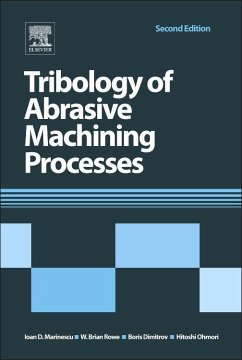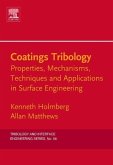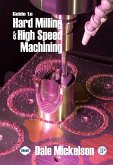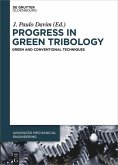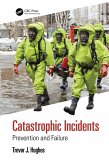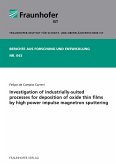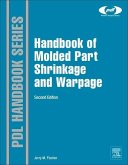This book draws upon the science of tribology to understand, predict and improve abrasive machining processes. Pulling together information on how abrasives work, the authors, who are renowned experts in abrasive technology, demonstrate how tribology can be applied as a tool to improve abrasive machining processes.
Each of the main elements of the abrasive machining system are looked at, and the tribological factors that control the efficiency and quality of the processes are described. Since grinding is by far the most commonly employed abrasive machining process, it is dealt with in particular detail.
Solutions are posed to many of the most commonly experienced industrial problems, such as poor accuracy, poor surface quality, rapid wheel wear, vibrations, work-piece burn and high process costs. This practical approach makes this book an essential tool for practicing engineers.
Each of the main elements of the abrasive machining system are looked at, and the tribological factors that control the efficiency and quality of the processes are described. Since grinding is by far the most commonly employed abrasive machining process, it is dealt with in particular detail.
Solutions are posed to many of the most commonly experienced industrial problems, such as poor accuracy, poor surface quality, rapid wheel wear, vibrations, work-piece burn and high process costs. This practical approach makes this book an essential tool for practicing engineers.
"The breadth of knowledge presented is excellent, providing a wide body of test to reference regarding abrasive processes." --Dr Matthew Marshall, University of Sheffield
"I find myself turning to Marinescu's Tribology when I want fundamental information on the nature of grit-workpiece contact" --Dr Jeffrey Badger, Consultant Engineer
"I find myself turning to Marinescu's Tribology when I want fundamental information on the nature of grit-workpiece contact" --Dr Jeffrey Badger, Consultant Engineer

